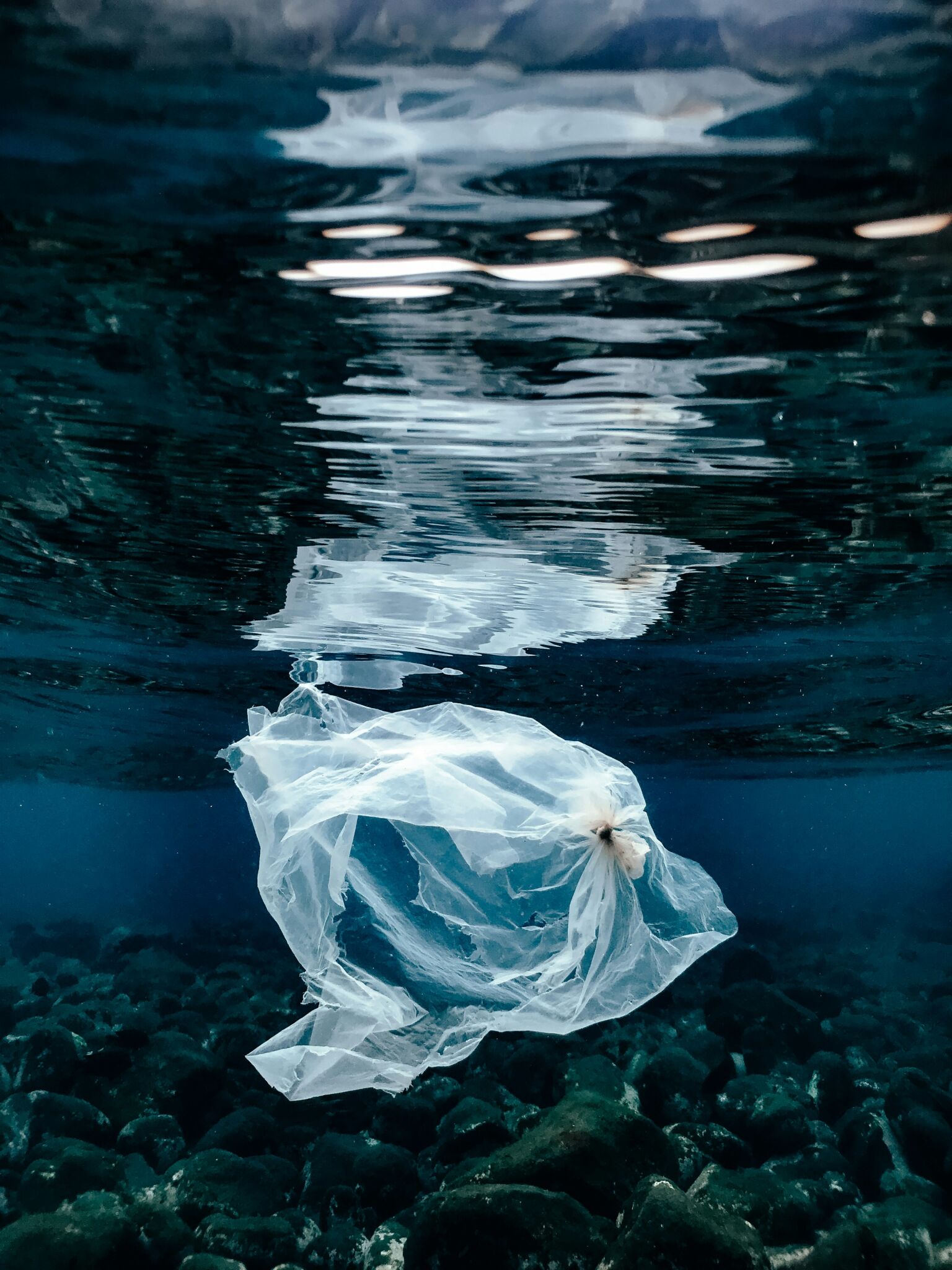Eco-initiatives in the fashion world
Sports brands for the benefit of nature

It is well-known that the fashion industry, particularly through overproduction and consumerism, is one of the largest contributors to environmental damage. Using sustainable and renewable materials is a crucial part of the strategy to reduce CO2 emissions, a plan developed by the United Nations in 2018. This initiative was supported by major players such as Kering, Chanel, Nike, Puma, Burberry, and mass-market representatives led by the H&M Group.
In the annual Sustainability Index 2022 report, experts analyzed the performance of thirty leading fashion companies. They noted that greenhouse gas emissions were reduced by only 38%, water usage in production decreased by 26%, and there was a 25% transition to ethical materials. Waste reduction, however, was limited to just 19%.

Photo: unsplash
Despite these modest gains, starting with personal choices and supporting brands that prioritize environmental conservation is always better. Gucci, Balenciaga, Bottega Veneta, and Saint Laurent are producing goods with a reduced environmental footprint of up to 40%. The Kering Group is particularly focused on a biodiversity preservation strategy built on several principles: avoid, reduce, restore, regenerate, and transform.
Returning to the Sustainability Index, Puma ranks as a leader due to its initiative to transition to sustainable materials. In a few years, the brand's entire product line will be made from organic cotton and recycled polyester. These materials can be produced without pesticides and chemical fertilizers, reducing the negative impact on soil and water resources. Fibers from plant waste, such as pineapple or banana, are also used to create textiles.
The French brand VEJA has gained widespread recognition in the fashion world for its dedication to sustainability. The company manufactures athletic footwear from biodegradable material, consisting of 50% corn waste, effectively replacing leather. VEJA spent over five years developing this revolutionary material.
Additionally, the industry is increasingly using fabrics made from algae. The application of such materials helps reduce the ecological footprint of human activity and preserves natural ecosystems. adidas, in collaboration with the nonprofit environmental organization Parley for the Oceans, is fighting ocean pollution by using recycled ocean plastic to create sportswear and footwear.
?img_index=1


